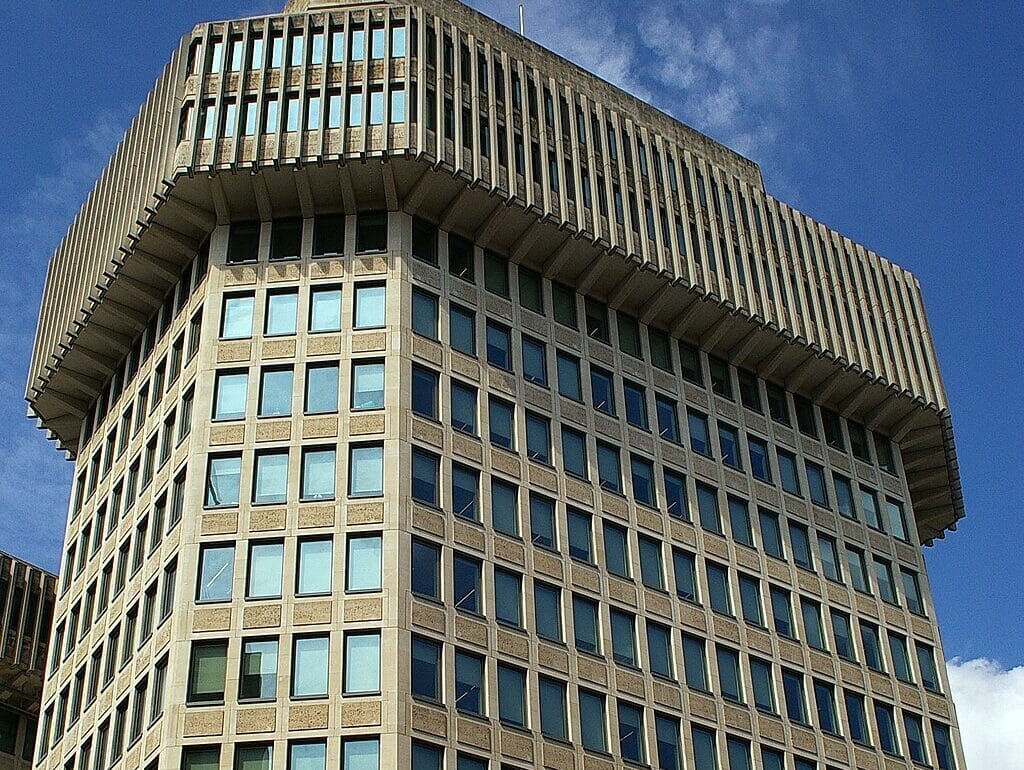MoJ raises housing and immigration legal aid fees, while ignoring nine other starving sectors
Civil legal aid solicitors in housing and immigration law have finally been granted long-awaited pay rises, nearly 30 years since the last uplift. But for many others, the drought continues.
The Ministry of Justice announced on 2 July that it would inject an additional £20 million annually into civil legal aid, specifically for housing and immigration work. This targeted uplift follows extensive consultation with legal aid providers and represents the first real financial boost since 1996.
From this year, fixed fees for housing legal aid work will jump from £157 to £223—a 42% rise. Meanwhile, fixed fees for asylum legal help will increase from £413 to £559, reflecting a 35% uplift. The changes will result in an overall 24% rise in spending on housing work and a 30% rise in immigration work, according to official calculations.
Justice Minister Sarah Sackman KC MP heralded the move as a breakthrough moment for a system on the brink.
“This vital investment marks a turning point for civil legal aid by boosting funding to build capacity in the sector,” Sackman said. “We are helping to enable individuals, regardless of background or income, to uphold their legal rights. As part of our Plan for Change, we are ensuring that our legal aid providers can deliver vital support where it’s needed most.”
The funding boost comes at a time of immense pressure on civil legal aid providers, many of whom have been forced to scale back or shut down altogether due to unsustainable financial conditions. Campaigners and lawyers have long argued that frozen fees made it impossible to continue offering services to vulnerable clients, particularly in housing and asylum matters.
However, the uplift has sparked as much frustration as relief.
Embed from Getty ImagesThe announcement makes no mention of nine other areas of civil legal aid, including mental health, education, community care, and discrimination law—fields that also serve deeply at-risk populations. These areas remain excluded from the uplift, raising concerns that today’s reforms merely shift the crisis rather than resolve it.
Legal professionals have repeatedly warned that failing to invest in all areas equally will further destabilise a legal aid sector already on life support. Without broader funding, experts argue, the government risks deepening access-to-justice inequalities—especially for those navigating complex areas like mental health or disability discrimination without proper representation.
While housing and immigration lawyers may finally see a viable future under the revised fee structure, others remain in limbo. Solicitors working in excluded fields continue to shoulder the burden of unpaid hours, high caseloads, and diminishing resources.
For many across the sector, the uplift is bittersweet: it confirms government recognition of civil legal aid’s importance, but highlights just how many areas are still neglected.
Despite the clear urgency across all ten civil contract areas, the Ministry of Justice has so far remained silent on when—or whether—those still excluded will receive similar support.
Legal aid campaigners are expected to keep up pressure in the coming months, demanding comprehensive reform rather than piecemeal patches. Until then, only some lawyers will finally see pay rise from the system that hasn’t budged in nearly three decades.
